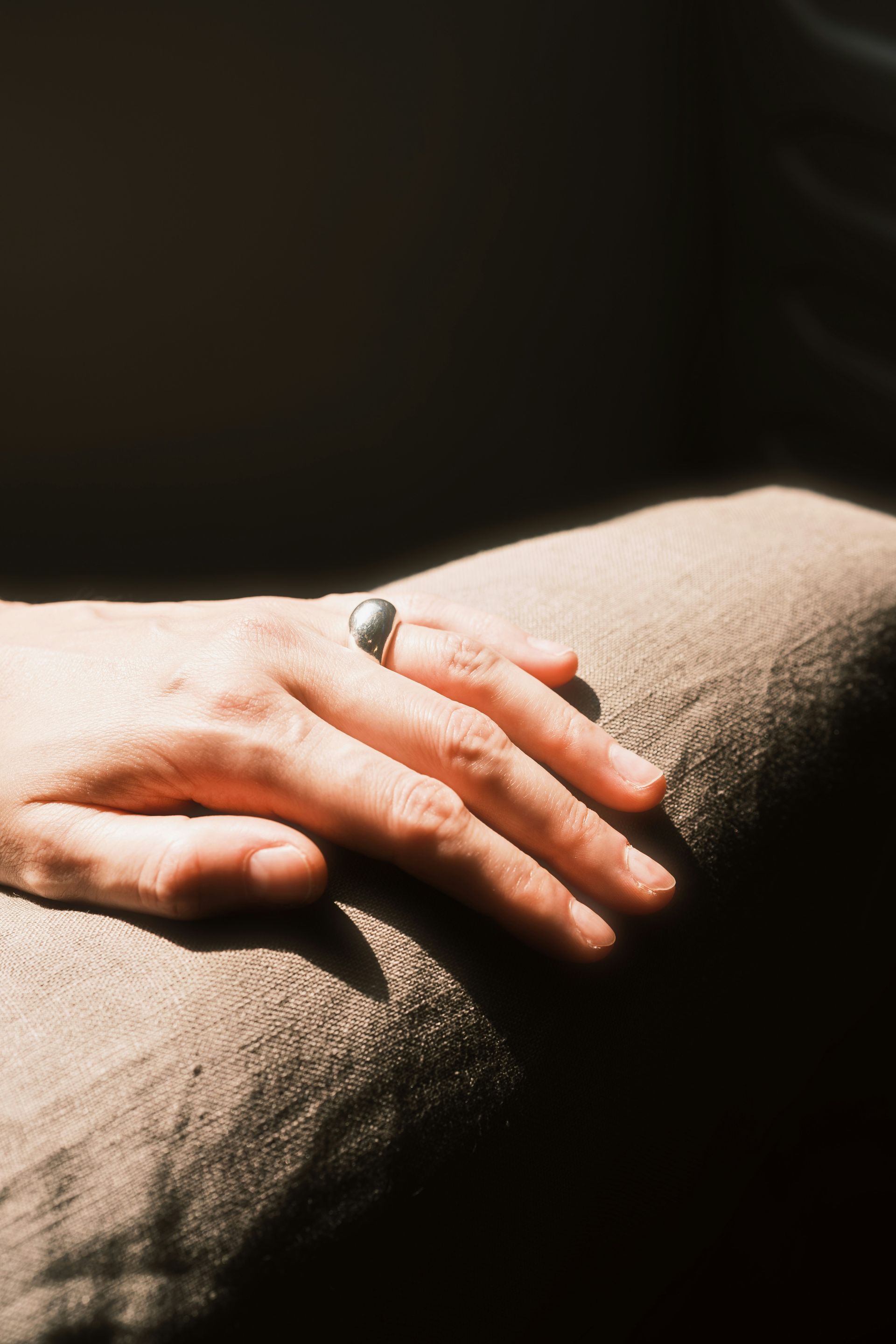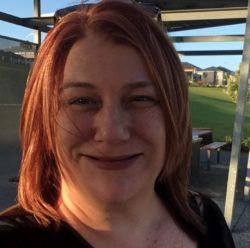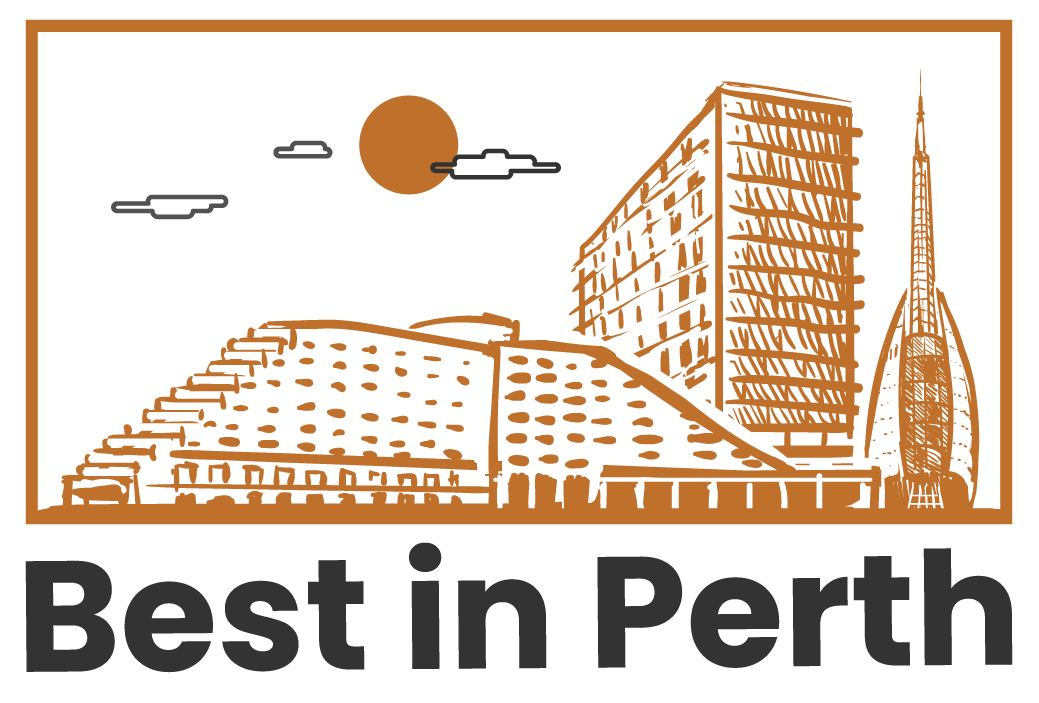The impact of overthinking on conversation
The gradual screening of phone calls was something I have observed increasing over the past 15 years, with the associated upswing in having appointments to catch up rather than just organically dropping in on friends. I have also noticed this coincides with the phrase 'overthinking things' which is so prevalent today.
My mind reflects that when clients tell me they had a conversation, or discussed an important issue with a friend, room-mate or partner finding that it is more than likely they are referring to a text based message, and not a face to face conversation. Perhaps 'overthinking' is associated to writing, rewriting or deleting a text based message prior to sending it.
A client mentioned that an ex partner didn't want to speak on the phone because of potential confrontation; the assumption being that a phone call will lead to conflict. Is this a generational experience? That ellipsis's or silences can only be permissable if we have grown up assuming there is an organic nature to conversation that allows for the other to respond both verbally and non verbally. If you can't craft the perfect response then you don't' want to engage with the other person. It's almost saying - I want to put you on pause to allow myself to think of the perfect response.
The saying that 'conversation is an art' goes back 100s' of years, and yet is never true-er; with people predicting the end of conversational art from the 1950's. Now it seems emotions becoming status updates rather than something to be explored in a conversation .
“The art of conversation is the art of hearing as well as of being heard.”
― William Hazlitt, Selected Essays, 1778-1830
The invention of the rotary phone in 1892 already caused people anxiety. The fear was that telephone communication was somehow magical and we might be 'taken over' by using the phone to talk with someone. The modern rotary dial came in from 1919 which is when 'dialling' starting to be used in our lexicon, and of course the ubiqitious mobile phone from the 1990's. This seems to have led to a reluctantence now to pick up the phone to just chat?
These are some reasons I've heard:
- We feel that we are short of time;
- That texting allows us to multi-task;
- That we can't predict what will happen in the conversation and we are becoming used to curated information at all levels;
- We may not know what to say;
- or we simply don't want to have that much personal connection because we feel overwhelmed by out lives as it is.
We are losing out on allowing the other to enter into the conversation and influence what we are saying or feeling. Providing a pause for the engagement of other to come into the conversation is part of dialogue rather than polemical statements.
I have a metaphor that I use which is 'my antennae are way out of on stalks' to indicate when someone is more sensitised to the world and other people's emotions. Perhaps we are trying to protect ourselves from the raw experience of other's emotional selves which results in pulling out antennae back into ourselves like a snail.
Does it matter that organic conversation has decreased?
What matters is that people feel less confident about the 'risk' of having an organic conversation, that is punctuated by thought and pauses rather than the complete pre-prepared message where we brook less argument. We are not allowing ourselves to be authentic by constantly sending a curated version of who we are.
Mariyon helps clients practise conversations (difficult or otherwise) by offering suggestions and a safe space to 'try out' words before we put them into our everyday life.
'A happy marriage is a long conversation which always seems too short'.
Andre Maurois
If you’re trying to process the aftermath of an affair, Mariyon will work constructively to help you understand and work with you to strengthen your relationship or to examine what your options are. Men and women are welcome.
Feel free to call Mariyon on
0430 183 893 for a preliminary chat and see if she can help.
Mariyon Slany Psychotherapist Blog











